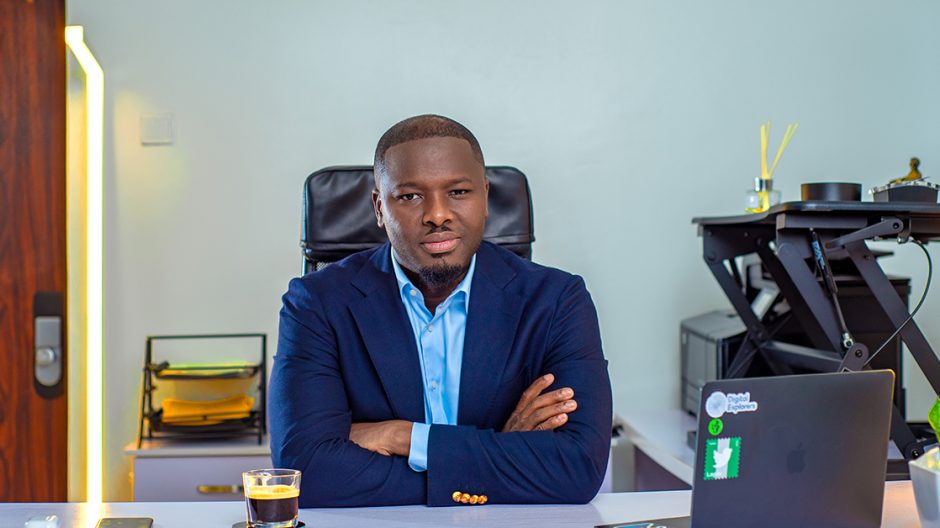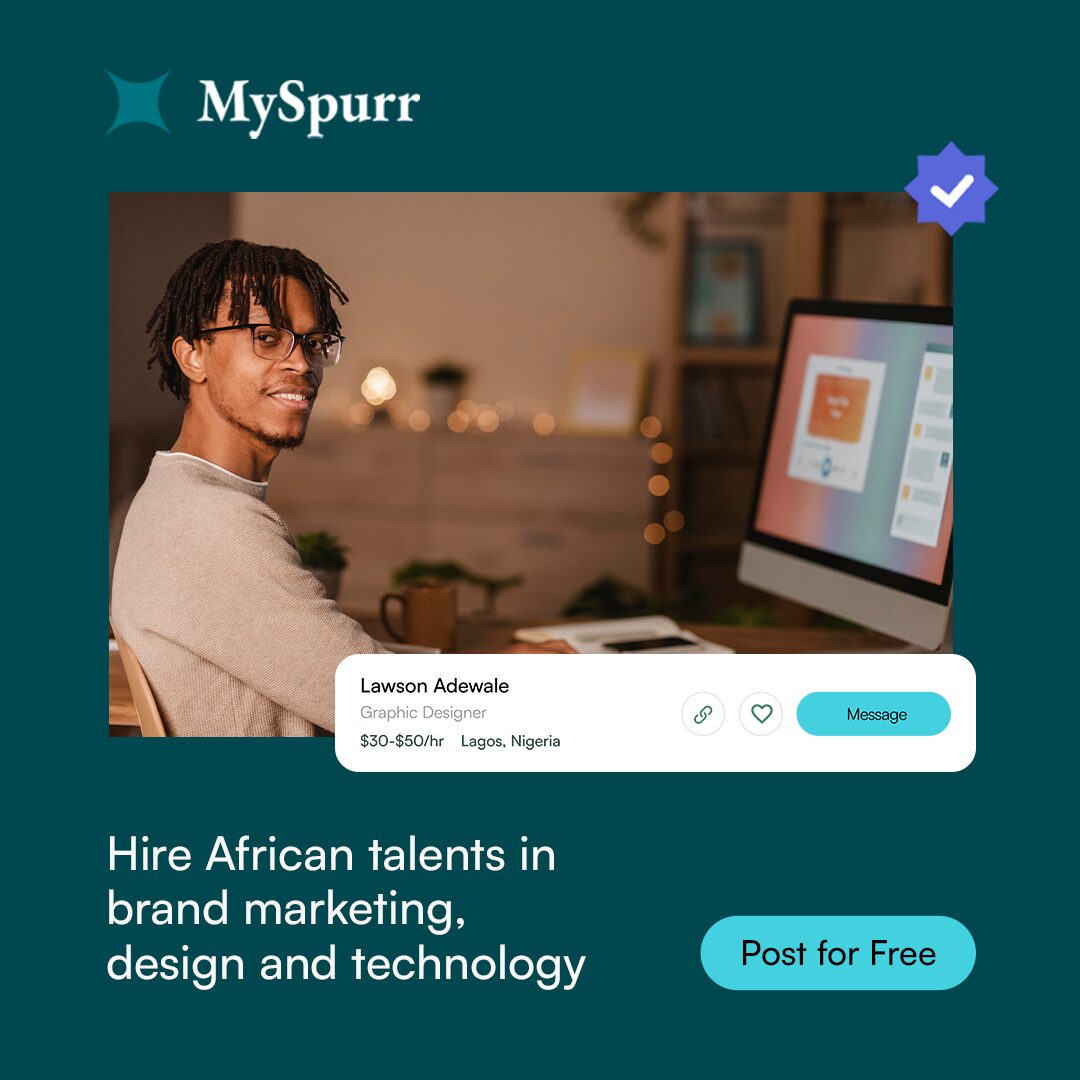Kola Aina is a name that stands out in Africa’s startup and investment ecosystem. From his early days as an entrepreneur struggling to raise capital to become one of the most influential angel investors and venture capitalists in Africa, his journey is a testament to resilience, vision, and a deep belief in supporting founders at the earliest stages.
In this interview, Kola Aina takes us through his entrepreneurial background, how he transitioned into investing, the strategies he uses to spot great founders, and what the future holds for Africa’s startup ecosystem.
1. How did your journey into investing begin?
I used to introduce myself as an entrepreneur and an investor, but now I’m a retired entrepreneur and a full-time investor.
Interestingly, even as an undergraduate, I always imagined myself becoming an investor. I even registered a company called Paradigm Diversified Capital Ltd., believing I would provide funding for different types of businesses. But the reality was—I had no money. So, I took a corporate job instead.
Growing up, I was surrounded by entrepreneurial energy—my dad was constantly working on new business ideas. That mindset rubbed off on me. Even while working in the corporate world, I always had a side hustle.
In 2009, I moved back to Nigeria and launched my first technology company. My thinking was simple—there weren’t enough mid-sized tech companies that could serve businesses and governments. That company was my entry point into entrepreneurship and, eventually, investing.
2. What was your experience like trying to raise capital for your first startup?
It was a nightmare.
At first, we tried to raise equity funding, but no one believed in what we were building. Then, we pivoted to try raising debt, and that was even worse.
Eventually, we had to scale down our product and launch an MVP. That decision changed everything. We started getting traction, and the business became successful. Because we never raised external capital, I had full ownership and a lot of liquidity from the company.
That frustrating fundraising experience made me realize how difficult it was for founders to access capital in Africa. It also shaped my approach to angel investing—I became very pro-founder.
3. How did your journey into angel investing evolve?
After my first startup became profitable, I started supporting other founders. I could relate to their struggles because I had been in their shoes.
By 2016, my angel investment portfolio had grown significantly, and I was managing multiple companies. It was becoming overwhelming, and the capital I was investing was increasing.
That’s when I realized I needed a structured approach to investing—and that’s how Ventures Platform was born. Initially, it was just to structure my investments, but today, it’s one of the leading early-stage venture capital firms in Africa.
4. What do you look for when deciding to invest in a startup?
I invest very early in companies, so the founder is my first priority. Here’s my 5-step approach to evaluating a startup:
1. Founder Trust & Compatibility
- I need to trust the founder.
- I look for entrepreneurs I can spend time with—just like making a friend.
2. Founder’s Experience & Team Strength
- Do they understand the market they are building in?
- If it’s a team, do they have complementary skills?
- I don’t invest in teams that outsource key technology or product development.
3. Solution-Problem Fit
- Is this the best way to solve the problem?
- Are there better solutions already available?
4. Market Size & Growth Potential
- The market must be large and growing to generate venture-scale returns.
5. Risk Assessment & Positive Offline Indicators
- Is there offline evidence that customer behavior supports this product?
- What external risks could make this business fail?
I go through these five steps before I invest. It’s not just about the product—it’s about the people behind it. A great team can always pivot and build something better.
5. You recently closed Ventures Platform Fund IV. What’s the goal of this fund?
Before now, my focus was twofold:
- Make fundraising easier for African entrepreneurs
- Prove that Africa could produce unicorns
We’ve achieved both. Not only have we seen unicorns, but we’ve also had exits.
With Fund IV, our goal is to ensure local participation in funding African startups. Historically, most of Africa’s startup funding has come from foreign investors.
But here’s the issue—if all the capital comes from outside Africa, when exits happen, the wealth doesn’t stay here. It doesn’t get reinvested into our local economy.
That’s why we made sure Ventures Platform Fund IV included local investors. This is one of the largest local capital injections into venture capital in Africa, and I’m proud we’ve broken that barrier.
At the same time, we also attracted some of the world’s largest global institutions as Limited Partners (LPs). This mix of local and global capital helps:
1. De-risk investments
2. Create international connections for our startups
3. Ensure that wealth generated from African startups benefits Africans
6. What advice do you have for raising a VC fund focused on Africa?
1. Be clear on your differentiation.
- There are many VC funds now—what makes yours different?
- At Ventures Platform, we focus on early-stage, market-creating innovations.
2. Fundraising is hard.
- Deploying capital is exciting, but raising money is grueling.
- Be sure this is what you want to commit your life to.
3. Build a track record.
- Before raising a fund, start investing early and prove you can generate returns.
- People trust funds that have evidence of past success.
7. Are more unicorns and exits coming?
Absolutely. In fact, you can expect a new unicorn announcement this year.
Yesterday, my Investment Committee (IC) rejected an exit offer for one of our portfolio companies. Why? Because we believe waiting longer will result in a better exit.
This is a good sign—investor confidence in Africa is growing. Expect more exits, more unicorns, and bigger deals.
8. Advice for Diaspora Investors Looking at Africa
1. Do your homework
2. Don’t go in alone—join a syndicate or invest through a fund
3. Understand that angel investing requires patience
There are many great opportunities in Africa, but finding the right partners to invest with is key.
Also read
OO Nwoye, another key ecosystem builder, has played a pivotal role in shaping Nigeria’s tech scene by connecting founders, fostering innovation, and backing transformative ideas. To dive deeper into how ecosystem enablers like OO Nwoye are driving Africa’s startup growth, read our exclusive interview with him here.




